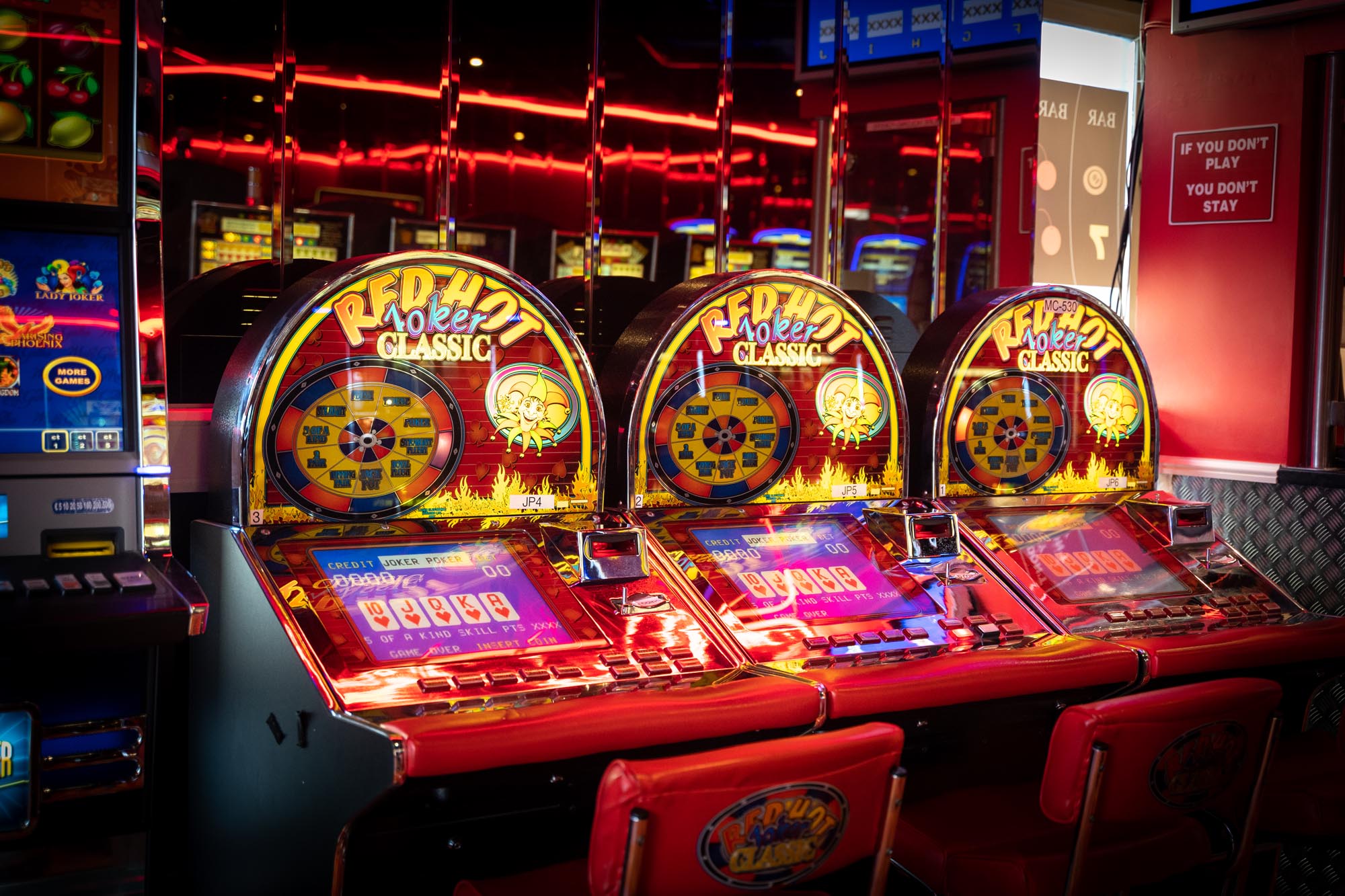
In the world of gambling, where chance and strategy converge, a unique tapestry of beliefs unfolds—one that intertwines luck, fate, and the enigmatic nature of casino games. Casinos, bustling with excitement and anticipation, are not just places for placing bets; they are also arenas in which superstitions thrive. From the novice player to the seasoned gambler, these mysterious practices often shape how individuals approach the games they play, believing that their actions can influence the outcome in ways that go beyond mere probability.
When players gather around roulette wheels, blackjack tables, and slot machines, the atmosphere is thick with stories of lucky charms, rituals, and codified behavior that defy logic yet provide a sense of comfort. Whether it’s wearing a specific outfit, following a particular sequence of bets, or even avoiding certain numbers, the attachment to various superstitions reflects a deep-rooted desire to control the uncontrollable. This article delves into the captivating world of casino game superstitions, exploring the beliefs that simultaneously entertain and mystify those who dare to play.
Cultural Origins of Superstitions
Betting activities have long been interwoven with an array of superstitions that trace to ancient societies. The beginnings of these ideas can be linked to humanity’s intrinsic wish to control the unpredictable outcomes connected with luck and uncertainty. In primitive civilizations, activities of chance were often tied to ritualistic practices. Players would invoke blessings or seek favor from deities, believing that their actions could change the outcomes in their favor. This basis laid the basis for the variety of superstitions that proliferated as betting evolved over ages.
During the medieval age, betting became a popular activity across European nations, and with it, a rich tapestry of superstitions appeared. Participants adopted various rituals and charms, believing they could change the outcome of games. The importance of digits, in particular, emerged to show in superstitions pertaining to card games and dice. The number seven was often considered favorable, while various numbers carried unfortunate connotations. These beliefs mirrored the cultural contexts of the time, changing as they passed through generations and adapted to new gaming environments.
As gaming establishments developed in the 17th century, particularly in the Italian peninsula and France, the atmosphere surrounding betting became steeped in mystery. The growing accessibility of casino activities allowed for the expansion and diversification of superstitions among players. Concepts like fortunate charms, designated seating arrangements, and rituals gained prominence, creating a unique culture within gambling establishments. As these traditions continued to thrive, they became fundamental to the essence of gambling games, illustrating how historical developments and society shape the notions that influence how participants interact with fortune.
Common Casino Myths
Superstitions surrounding gambling activities are plentiful and diverse, reflecting the dreams and fears of players as they participate in random games. One of the most prevalent beliefs is that specific numbers bring fortune or misfortune. For example, the digit seven is often seen as a favorable number, frequently embraced by gamblers looking for a favorable result. Conversely, the number 13 is routinely considered unlucky, leading many players to steer clear of it during their gaming sessions.
A frequent belief relates to practices that gamblers believe can influence their chances. Whether blowing gently on dice before a roll, using a particular gesture to place a bet, or even wearing particular items of attire, many individuals feel that these rituals can sway luck in their favor. These practices offer a feeling of power in an otherwise unpredictable environment, strengthening the idea that fortune can be manufactured through personal beliefs and customs.
Finally, the ambiance and atmosphere of the gambling house itself adds to superstition. Many players suggest that the presence of specific icons, such as four-leaved clovers or lucky tokens, can enhance their odds of success. Additionally, gamblers might hold to the belief that winning streaks can be halted by mundane events, such as a person walking past or a spill at the gaming surface. The collective atmosphere in a casino can amplify these beliefs, creating a shared culture of myths that goes beyond single encounters.
Impact of Superstitions on Players
Superstitions play a crucial role in the psychology of gamblers, often influencing their actions and decision-making. casino zonder cruks Many gamblers believe that luck can be influenced through various rituals, such as donning a talisman, choosing particular hues, or avoiding certain numbers. This dependence on superstitions can create a sense of control in an environment that is inherently unpredictable. Players often feel more self-assured and involved when they feel that their actions could sway the outcome of a game in their favor.
The impact of these superstitions extends past singular players, affecting the overall atmosphere inside the casino. For instance, a player who believes in the luck of a particular slot machine might attract a crowd, as others are intrigued by their apparent luck. This collective belief can heighten excitement and create a dynamic environment, leading to an engaging experience even for those who may not necessarily be superstitious. The excitement around specific games can lead to increased participation and longer playing sessions, supporting the casino’s lively social scene.
In some cases, superstitions can lead to harmful effects for players. Depending too heavily on rituals can result in poor gambling decisions, as some may ignore basic strategies in favor of baseless beliefs. Additionally, the stress to perform rituals may increase anxiety and stress levels, detracting from the pleasure of the experience. Ultimately, while superstitions can enhance the thrill of playing casino games, they can also lead to unwise choices that overshadow the fun and amusement intended in the casino experience.
